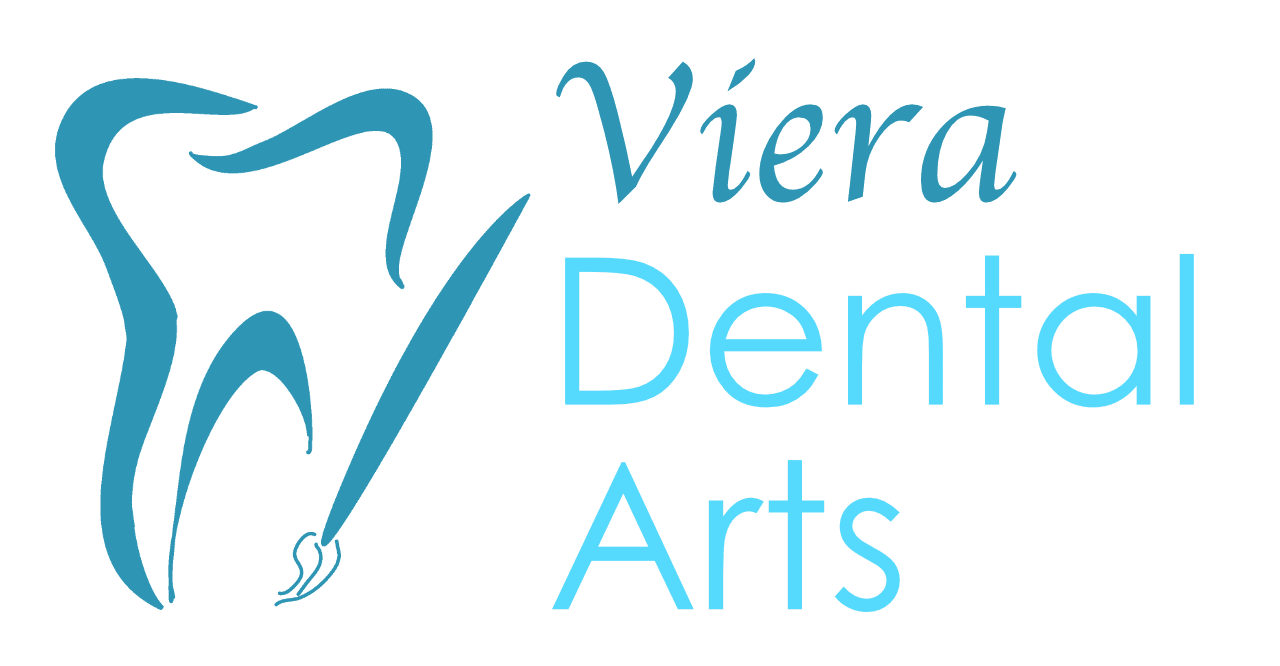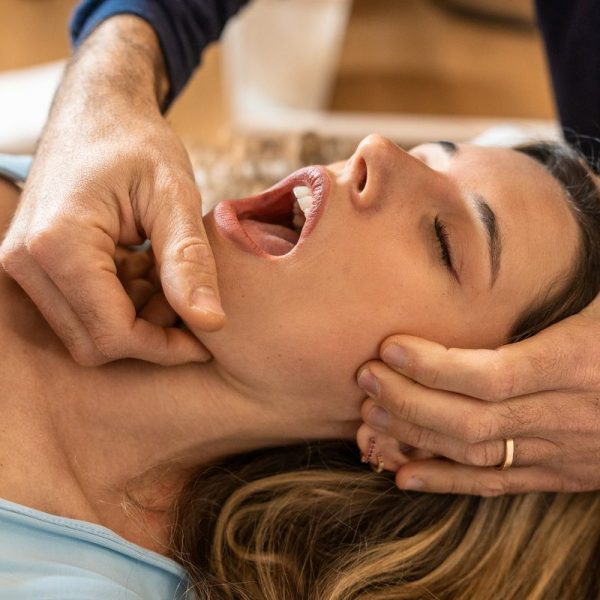Find Relief From TMJ with Viera Dental Arts
At Viera Dental Arts, we’re committed to helping Melbourne residents find lasting relief from TMJ pain and dysfunction through personalized treatment approaches that address both symptoms and underlying causes. Dr. Gollob combines extensive experience in jaw disorders with a compassionate understanding of how TMJ symptoms affect daily life, ensuring you receive both effective treatment and the support you need throughout your recovery process. Our practice provides a comfortable environment where you can discuss your symptoms openly while receiving the comprehensive care necessary for optimal outcomes.
Don’t let TMJ pain control your life or limit your ability to enjoy normal activities like eating, speaking, and sleeping comfortably. Professional treatment can provide significant relief while preventing the progression of symptoms that may lead to more serious complications. Our commitment to general dentistry excellence means we address TMJ disorders as part of comprehensive oral health care that considers all aspects of your well-being. Contact our experienced team today at 321-255-4644 or schedule your consultation online to begin your journey toward lasting TMJ relief and improved quality of life.
- 130 Interlachen Dr Ste A, Melbourne, FL 32940, United States
- +1-321-255-4644
- Mon, Tue, Thu: 8am-4pm, Fri: 8am-2pm, Wed: Closed




